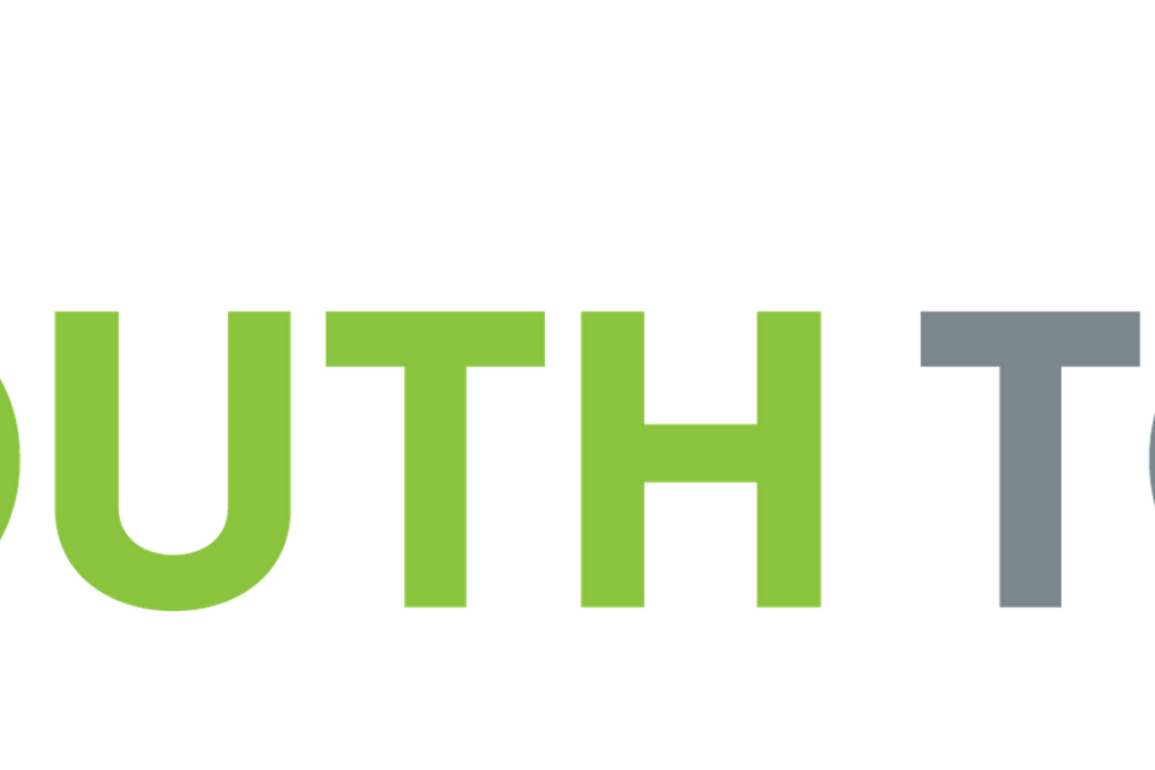Gary Ivory grew up in East Texas, one of 15 children. Three of his brothers were incarcerated for long stretches of his childhood.
“I didn’t meet my oldest brother until I was in the seventh or eighth grade, and by that time he was dying,” Ivory said. “The penal system that my brothers were in, I saw the harm that ensued. That is what compelled me to want to prevent other young people from being incarcerated.”
In May, Ivory, 56, became the first Black CEO of Youth Advocate Programs Inc., an $83 million nonprofit that provides social services and alternatives to incarceration. The nearly 50-year-old nonprofit connects advocates with high-risk youth in local communities to help meet their needs.
Now at the helm of the youth service organization, Ivory hopes to continue to expand YAP’s violence interruption efforts and its work preventing youth from reoffending, while continuing to advocate for policies that would allow for widespread systemic change.
The conversation
Where do you see Youth Advocate Programs making the greatest impact?
Our mission is really to develop safe and effective, proven alternatives to incarceration and out-of-home placement — basically to keep young people safely home. We do that through our direct service model that we refer to as “YAP wrap.”
We think we have a very effective model — we have outcomes. Research from the John Jay College of Criminal Justice on our programs around the country demonstrates that 90% of young people remain arrest-free and don’t reoffend once they are involved in our programs.
We lead a lot of systems-change work. It’s not enough for us just to, what we call, “change biographies.” We want to change systems too.
A big part of Youth Advocate Programs’ work is training neighborhood-based advocates to provide youth and family “wraparound” services. Can you tell me more about what that looks like?
It might look a little different depending on where you are, but the models all share the same principles. We have advocates who are from the same neighborhoods as these young people doing 24/7 crisis intervention.
What this looks like on the ground, for example: In Fort Worth, Texas we get a lot of young people who are adjudicated delinquent, or have a sentence imposed by the court. We complete an assessment and come up with an individualized service plan and the advocate spends anywhere from 10 to 15 hours a week with that young person.
We put a lot of young people in a form of supported work, so for a young person age 14 or older, we will find a local employer, put them on a worksite and pay their wages while they’re working. It gives them an income, it helps them get job experience — for many young people it’s their first job and it’s a great tool to help young people get to jumpstart their careers.
The advocate’s job is to establish a good relationship with the young person and their entire family, so it’s very holistic.
Recently, we had a family who needed housing, so the advocate went to community partners to work on securing the family housing, get the young person back in school, make sure that they successfully complete the terms and conditions of probation, and help them think about their career path. The average stay is four to six months and during that time they’re working on goals — it’s really goal-oriented and it’s relationship based. And even when they break rules, we still support them.
Why is it important to have people from a community, who understand the community, doing this work?
Some of the best advocates have been people who have lived in the neighborhood, giving back for years, saying, “I’ve been doing this all my life, I just didn’t get paid to do it” — and then we hire them.
That lived experience and understanding, speaking the language, making sure they’re listening to concerns — all that is important.
We need people who really understand what it’s like to get a call at 11 o’clock at night and you need to respond to a crisis; or when a young person is doing well and then they have a relapse and you have to try to figure out a plan to help and support them; or have experience working with young kids who have been sex trafficked.
Having advocates who can connect with them and understand their experience and help them to develop a plan and establish a good relationship with them — those are things we do every day.
Tell me more about the importance of serving youth in their communities, rather than incarcerating or detaining them.
We know a lot about the harmful effects of young people being in secure detention. There’s been a lot of research done — the Annie E. Casey Foundation and The Sentencing Project released a recent report — that has demonstrated the more contact with the incarceration system, the more likely it is for a young person to reoffend and is thus more likely to eventually end up in the adult system. We want to prevent them from ending up in the adult system.
It’s also more humane to give people the help and support they need at home instead of in an institution. This is what middle- and upper-middle-class families do for their children when they have setbacks, but a lot of poor kids don’t get that opportunity.
Sometimes they’re on the “bus on the road to placement” instead of on the bus to redemption. We try to get them on that bus to redemption, rather than on that bus to incarceration.
It’s also more cost-effective. Models like ours — full wrap-around advocacy services — cost about $80-90 per day per young person. That includes transportation, that includes advocacy, that includes supported work … the cost for incarceration in many places is often $300 a day and more.
Finally, there’s different ways to help keep a community safe. A lot of people think the only way to do it is through massive incarceration: removing kids from homes, putting them somewhere. We simply believe the best way to solve these problems on a long-term basis is to invest in neighborhoods, invest in people and you’ll get long-term outcomes. It’s cheaper, it’s safer, it’s more humane.
The juvenile justice system disproportionately impacts youth of color, especially Black and brown boys. What do you see as the significance of being the first African American man in this role?
The majority of the people we serve are people of color, so it’s important that we are reflecting that level of diversity within the organization even here at the highest level.
I see myself as being a role model, I’ve advocated for a lot of kids personally. I’ve done gang intervention work. I’ve worked on truces between gang members. I’ve done the work in the streets. I see myself being a role model to these young people themselves. For them to see a person of color, an African American male, leading this organization is giving a great deal to them.
It gives them a chance to see that they too can make it from difficult conditions, or as Dr. Karyn Purvis of the Karyn Purvis Institute of Child Development at Texas Christian University used to call it, “young people from hard places”:
Just because you come from a hard place doesn’t mean it has to lead to a bad destination.
How do you sustain YAP’s work, especially in communities that might embrace reform until new officials are elected, funding runs out or a particular incident has some wanting to crack down?
In places like Tarrant County, Texas, where we’ve been since 1992, there have been different leaders and we have sustained the program with different leaders. How is that? Well, first we are able to get good outcomes. Kids aren’t going back into the system. Recidivism is low. We’re showing that we can get good outcomes and that matters a great deal.
For example, with our goal to reduce the number of people in secure detention, we’ve shown that we can reduce that number without those young people reoffending. If the goal is to reduce the number of kids without placement in the child welfare system, which are the children who may have had a placement that went wrong and they don’t know what to do with, we’re there. If we can demonstrate that we can keep those kids safely home — which we have — then the city or county or state is more likely to support that.
We’re also recruiting people that are already the best helpers in a local community — that helps sustain the work. We’re hiring people from neighborhoods that already know the local powers that be.
Typically, when we go to a community, we tend to stay there for decades at a time because we’re really tight in that local community, we become part of the fabric. We become part of the continuum of care for young people.
You’ve worked in this youth justice space for a long time, what has been one of the hardest moments of your career?
The biggest challenge is when any young person is killed or any time a young person fails. We take that seriously and we just never ever ever give up on them.
And the public policies can sometimes make this work very difficult, depending on who’s in the White House, who’s in the state capitol. The hardest moment as far as a particular time period was really in the 1990’s with the superpredator theory, or myth.
The details
Job Title: President and CEO of Youth Advocate Programs (YAP) Inc.
Location: Dallas (YAP is headquartered in Harrisburg, Pennsylvania.)
Hobbies and other work: Reading, Christian ministry
Recent reads: “Multipliers: How the Best Leaders Make Everyone Smarter,” by Greg McKeown and Liz Wiseman; “Quiet Hour,” by Heather Chase and Ken Beller; “Instant Manager” from the Chartered Management Institute
Published works: “UNjust,” a fictionalized account of his daughter’s kidnapping
Prior employment: Youth minister, New Jersey (formerly Trenton) State Prison; Director of the community assets division, Enterprise Foundation; Annie E. Casey Foundation Child and Family Fellowship fellow
Education: Bachelor’s degree in English and business administration, Austin College; Master’s of Divinity, Princeton Theological Seminary; Certificates in executive education and nonprofit management from Harvard Kennedy School
***
Meghan Mangrum is a Florida-based journalist who covers education, policy and social justice issues impacting in youth.




